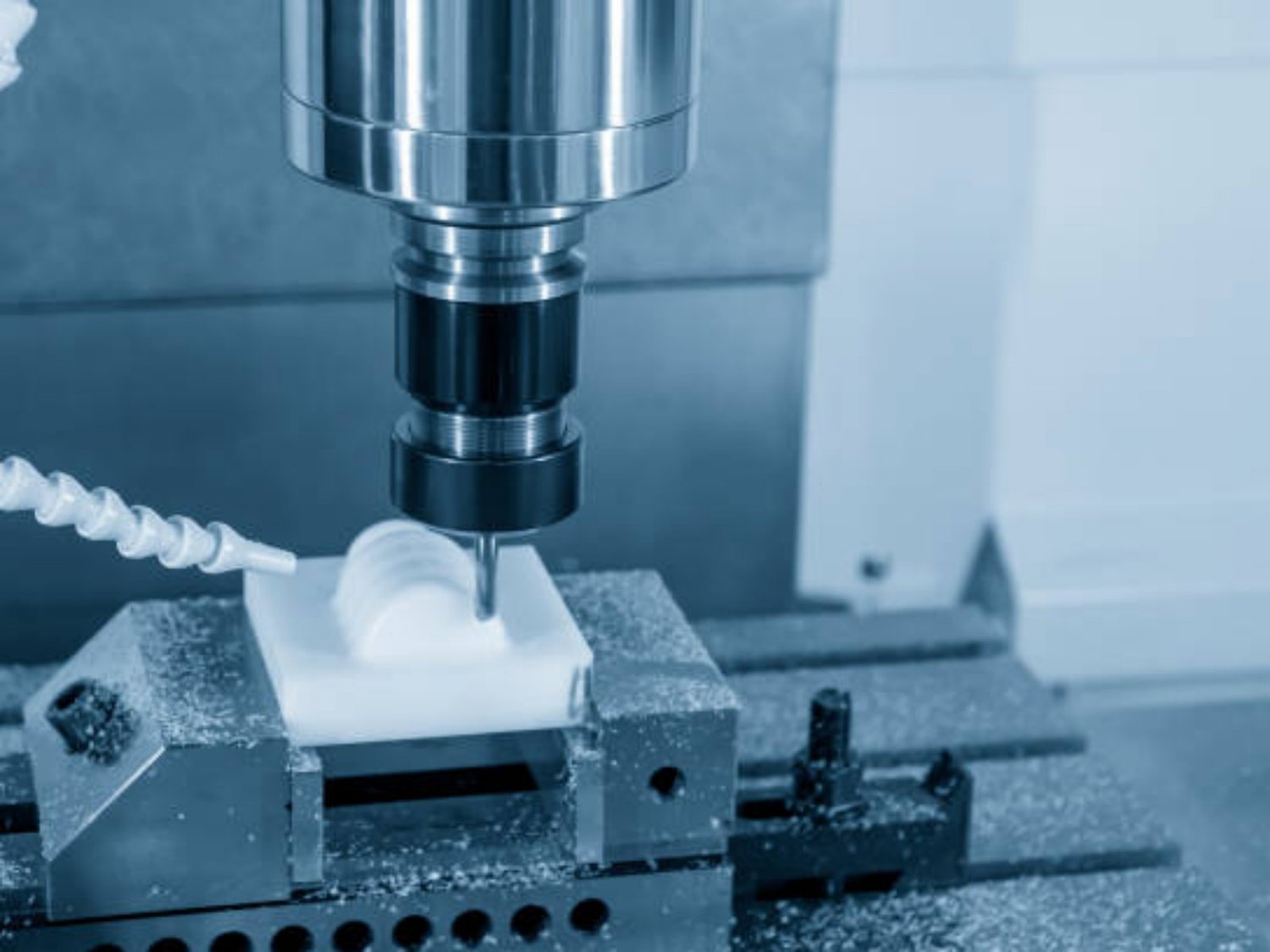The Role of Mold Precision Machining in Manufacturing
Mold precision machining plays a crucial role in various manufacturing processes. By ensuring the accurate production of molds, this machining technique enables manufacturers to create high-quality products with precision and efficiency. From automotive to aerospace industries, mold precision machining has become an integral part of the manufacturing sector.
Understanding Mold Precision Machining
Mold precision machining refers to the process of manufacturing precise molds and components using advanced machining techniques. It involves the use of computer numerical control (CNC) machines, which can accurately cut, shape, and form materials into desired shapes and sizes. This precise machining method allows manufacturers to create molds that perfectly match the specifications required for specific products.
The Benefits of Mold Precision Machining
Mold precision machining offers several benefits that contribute to the overall success of manufacturing processes. These benefits include:
1. Enhanced Accuracy and Precision
Mold precision machining ensures the production of molds with exceptional accuracy and precision. This level of precision is essential for creating products that meet strict quality standards and specifications. By using advanced CNC machines, manufacturers can achieve tight tolerances and intricate designs that would be challenging to achieve through manual machining methods.
2. Improved Efficiency and Productivity
With mold precision machining, manufacturers can significantly improve the efficiency and productivity of their operations. CNC machines can perform multiple machining operations simultaneously, reducing production time and minimizing the need for manual intervention. This automation allows manufacturers to produce molds and components at a faster rate, enabling them to meet tight deadlines and increasing overall productivity.
3. Cost-Effectiveness
Despite the initial investment in CNC machines and equipment, mold precision machining offers long-term cost-effectiveness. The precision and accuracy achieved through this machining method reduce material waste and minimize the occurrence of errors and rework. Additionally, the increased productivity and efficiency lead to higher production volumes, allowing manufacturers to benefit from economies of scale and lower per-unit costs.
4. Versatility
Mold precision machining is a versatile technique that can be applied to various materials, including metals, plastics, and composites. This versatility allows manufacturers to create molds and components for a wide range of industries and applications. Whether it's producing intricate automotive parts or complex aerospace components, mold precision machining can handle diverse manufacturing requirements.
5. Consistency and Reproducibility
Consistency and reproducibility are vital in manufacturing processes, especially when producing large quantities of products. Mold precision machining ensures that each mold and component produced is consistent in terms of size, shape, and quality. This consistency enables manufacturers to achieve uniformity in their products and ensures that they meet customer expectations consistently.
The Applications of Mold Precision Machining
Mold precision machining finds extensive applications in various industries. Some notable applications include:
1. Automotive Industry
In the automotive industry, mold precision machining is used to create molds for producing engine components, transmission parts, and other critical automotive parts. The precision and accuracy offered by this machining technique contribute to the overall performance and reliability of vehicles.
2. Aerospace Industry
The aerospace industry relies heavily on mold precision machining to manufacture complex components for aircraft, such as turbine blades, engine housings, and structural parts. The ability to achieve intricate and precise designs is crucial for ensuring the safety and efficiency of aerospace systems.
3. Medical Industry
Precision is paramount in the medical industry, where even the smallest deviations can have significant consequences. Mold precision machining enables the production of molds for medical devices, implants, and surgical instruments with exceptional accuracy, ensuring optimal performance and patient safety.
4. Electronics Industry
In the electronics industry, mold precision machining is utilized to create molds for producing intricate circuit boards, connectors, and other electronic components. The precision achieved through this machining technique is vital for maintaining the functionality and reliability of electronic devices.
5. Consumer Goods Industry
Mold precision machining is also employed in the production of consumer goods, such as appliances, toys, and household items. The ability to create molds with intricate designs and precise dimensions allows manufacturers to meet consumer demands for aesthetically pleasing and high-quality products.

